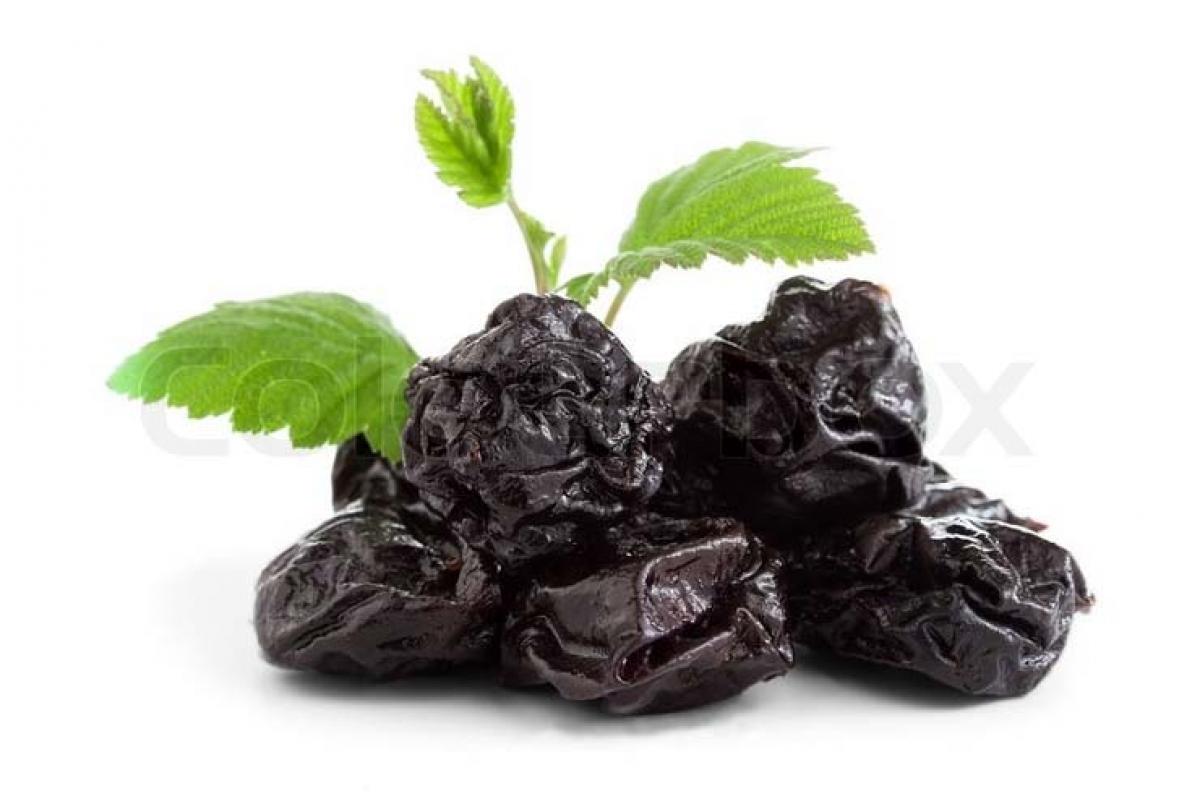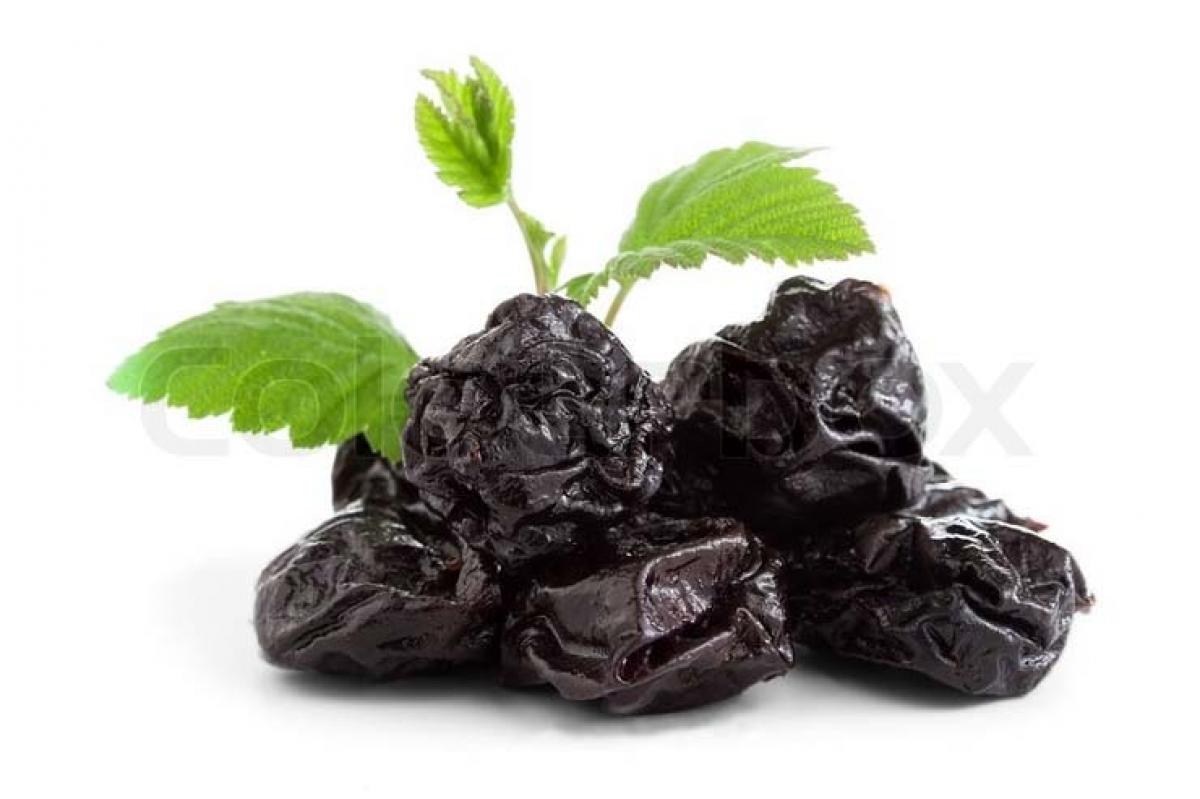Live
- Multiple Trump Cabinet nominees targeted by threats
- Telangana forms Task Force to check food contamination in schools, hostels
- Smart meters killing people financially: RJD’s Bhai Virendra
- SC raps HP govt over denying employment to an Asian gold medallist
- 2,103 elephants counted in Odisha forests
- Police continues to search for director RGV in social media remarks case
- Cyclone alert pushes Siddharth's ‘Miss You’ release date
- Faria’s retro glam look steals the gram
- After two-week closure, educational institutions in Manipur to resume regular classes from Friday
- ‘Srikakulam Sherlock Holmes’ teaser looks interesting










